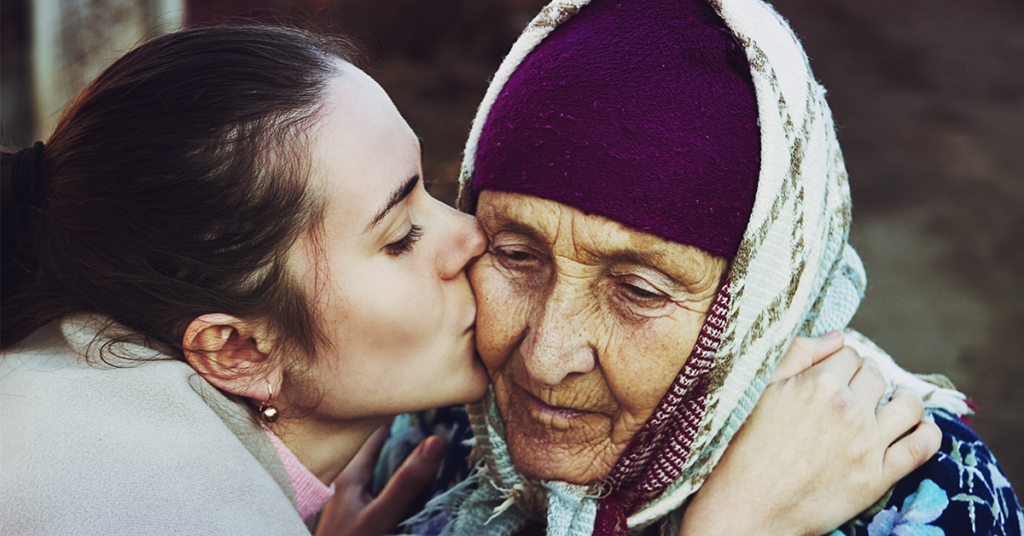As your parent ages, the situation is often reversed. The person who was once a mother’s daughter may now need to take on the role of “mother” for their own mother. These new, reversed roles can cause serious concern for the carer, and it can be difficult to know how to act in this new situation. So in this article, we’ve turned to carer consultant Jessica for help, as she offers her best tips on what carers can bear in mind and do.
One recurring theme in our survey has been concerns about the sudden role reversal with the parent, and all the responsibilities that this can bring. Maybe you need to help your parent prepare food, remind them of things that need to be done and medication that has to be taken. Many people also expressed a sense of feeling alone in their responsibility. There’s not really anyone else there for you. So, how should you act in your new role? How can you feel that you’re doing enough?
We met carer consultant Jessica, whose daily work involves providing support and guidance to carers, to pick up some tips and advice.
Meet other carers
According to carer consultant Jessica, feeling a major sense of responsibility to take care of your ageing parent is a common problem. One of her top tips is therefore to try and find others who are in a similar situation. For example, do you have a friend who also has a parent suffering from dementia? Or maybe a colleague who was once in a similar situation to what you’re experiencing now? Sharing experiences with others can relieve the burden and make you feel less lonely in your situation.
If your parent is suffering from an illness, Jessica also explains that there are a number of patient associations such as Alzheimer’s Association, Demensförbundet (Dementia Association), Parkinsonförbundet (Parkinson’s Association) and STROKE-Riksförbundet (Swedish Stroke Association). Both parents and carers can contact patient associations to find tips and support from patients and carers who are in a similar situation regarding illnesses.
Find help from the support available in the municipality
Jessica also explains that there are now carer consultants like her in all municipalities in Sweden. A carer consultant can help a carer find information about help and support, as well as offering guidance and advice to the carer. Her tip is therefore to contact your municipality and see what they have to offer. Many municipalities offer an opportunity to meet carer consultants, receive counselling and meet groups of carers. In some cases they also organise training courses, presentations, well-being activities and topic-based meetings.
Jessica explains that getting in contact with carer consultants is easy. All you need to do as a carer is to find the phone number for your municipal authority and then tell them that you’d like to get in contact with a carer consultant.
These were some of the tips and ideas from carer consultant Jessica. Some might seem self-evident, while others might offer new ideas and inspiration.
We intend to continue collecting questions and useful tips about what it’s like being a carer. Feel free to get in touch if you have a question or a tip!

